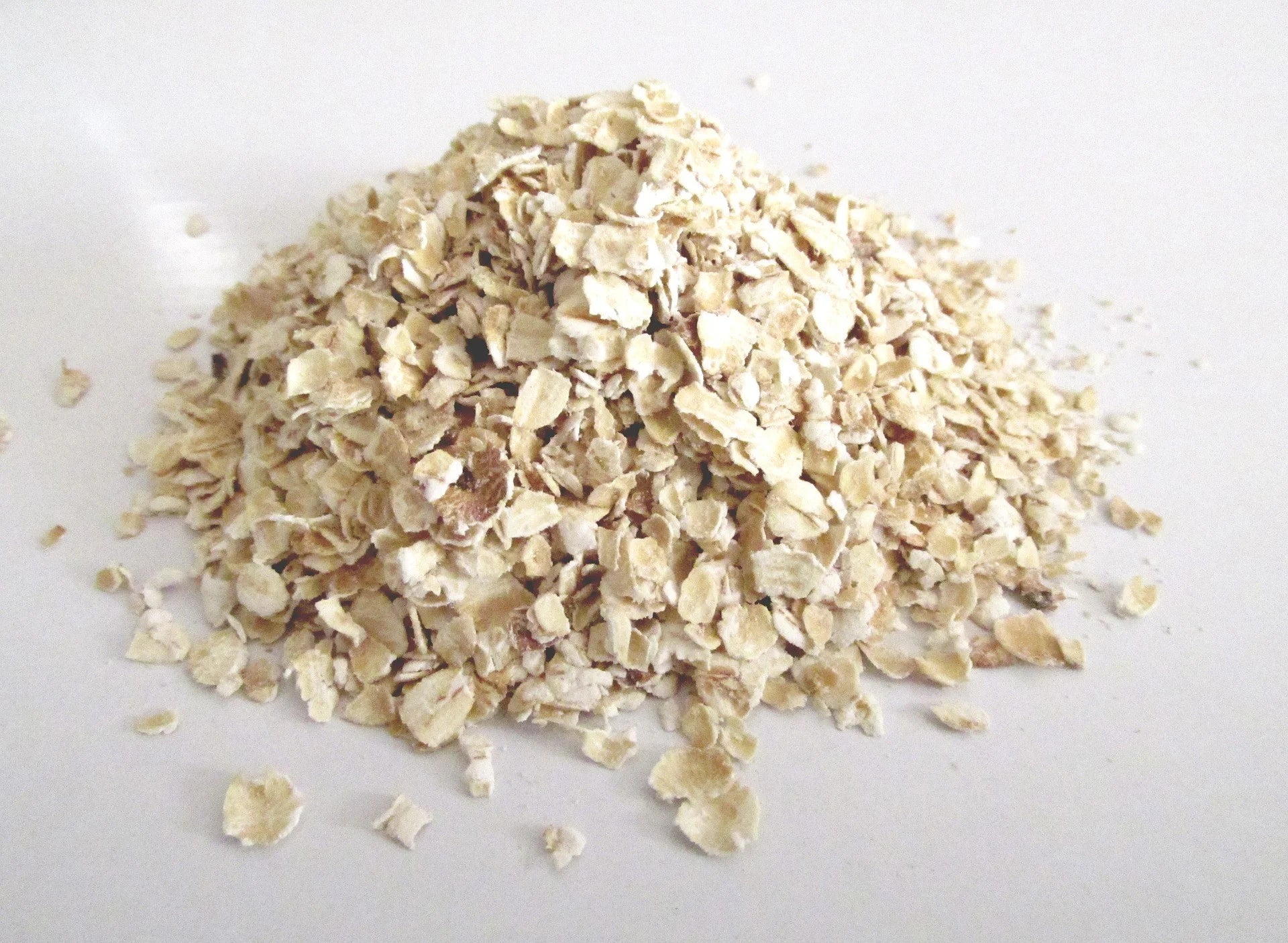The Unsettling Truth about Oats: Pesticide and Gluten Contamination
Oats have been a popular breakfast choice and a staple in many diets due to their rich nutrient content and versatile culinary applications. However, recent research has raised concerns about the contamination of oats with pesticides and gluten, which can pose risks to human health. In this blog post, we will delve into the research on contaminated oats, discussing the extent of pesticide and gluten contamination, and explore potential implications for consumers.
Pesticide Contamination in Oats
Pesticides are commonly used in agriculture to protect crops from pests, weeds, and diseases. However, their use has led to concerns about their impact on human health and the environment. One such pesticide is glyphosate, the active ingredient in Roundup. In 2015, the International Agency for Research on Cancer (IARC) classified glyphosate as a probable human carcinogen (1).
A study conducted by the Environmental Working Group (EWG) in 2018 tested 45 samples of conventionally-grown oats and found that all but two samples contained glyphosate residues (2). In some cases, the levels detected were higher than what the EWG considers safe for human consumption, raising concerns about the safety of consuming conventionally-grown oats.
Another study published in the journal Environmental Pollution in 2021 analyzed 95 oat-based products from Canada, the United States, and Mexico, finding that 74% of the samples contained glyphosate residues. Furthermore, 36% of the samples had levels exceeding the acceptable daily intake set by the European Food Safety Authority (3).
Gluten Contamination in Oats
Although oats are naturally gluten-free, they are often processed in facilities that also handle wheat, barley, and rye, leading to cross-contamination with gluten. This poses a risk for individuals with celiac disease or gluten sensitivity, as even small amounts of gluten can trigger an immune response and cause damage to the small intestine in those with celiac disease.
A 2018 study published in the American Journal of Clinical Nutrition tested 109 oat products for gluten contamination. The researchers found that 32% of the samples contained gluten levels above the threshold considered safe for those with celiac disease (20 parts per million) (4).
Eat Certified Organic Chickpeas from ChiChi, Instead!
In light of the concerns surrounding contaminated oats, it's worth considering alternative breakfast options that offer both health benefits and peace of mind. Chickpeas, a versatile and nutrient-rich legume, can be a fantastic alternative to oats for breakfast. Our chickpea oatmeal, made from certified organic chickpeas grown in the pristine fields of Montana, ensures minimal risk of contamination while delivering the essential nutrients and flavor you need to start your day right. By choosing to incorporate chickpea oatmeal into your diet, you not only prioritize your health and well-being but also support sustainable and responsible agriculture. Give chickpea oatmeal a try, and experience a wholesome and delicious breakfast choice that you can feel good about.
References
- International Agency for Research on Cancer. (2015). IARC Monographs Volume 112: evaluation of five organophosphate insecticides and herbicides. Retrieved from https://www.iarc.fr/news-events/iarc-monographs-volume-112-evaluation-of-five-organophosphate-insecticides-and-herbicides/
- Environmental Working Group. (2018). Breakfast With a Dose of Roundup? Retrieved from https://www.ewg.org/childrenshealth/glyphosateincereal/
- Mesnage, R., Mandrioli, D., & Antoniou, Contamination levels and assessment of lifetime cancer risk. Environmental Pollution, 276, 116727. Retrieved from https://www.sciencedirect.com/science/article/pii/S026974912100217
- Fritz, R. D., Chen, Y., & Van Waffle, L. (2018). Gluten contamination in oat products sold in the United States: A longitudinal study. The American Journal of Clinical Nutrition, 108(6), 1252-1257. Retrieved from https://academic.oup.com/ajcn/article/108/6/1252/5201458
1 comment
-
Instant oatmeal packets are convenient and delicious because they are available in a variety of flavors! The different types available at https://kodiakcakes.com/collections/oatmeal-packets are my favorites! They also sell pancake and waffle mixes and nutritional syrups!
Peter Maxwell on

